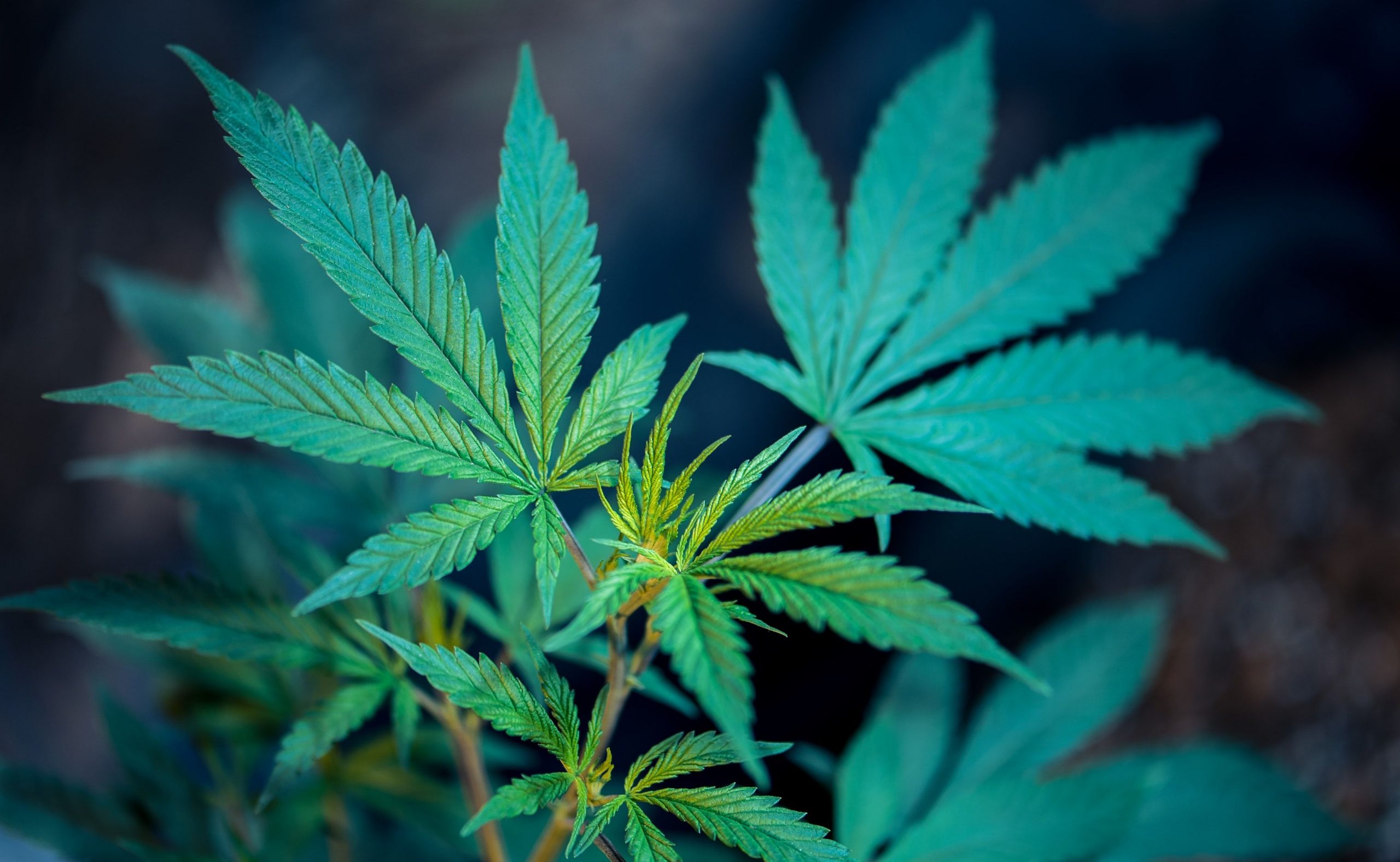While some marijuana compounds can prevent the coronavirus from entering human cells, smoking it offers no such protection, as per an Oregon State University study.
Researchers have found that cannabidiolic acid, CBDA and cannabigerolic acid, or CBGA, are two compounds that bind to the spike protein of the virus. This blocks a vital step in the virus’ path in infecting people.
Also Read | January 6 attacks: Pot smoking adventure turns into jail time for two friends
Richard van Breemen, of Oregon State’s Global Hemp Innovation Center in the College of Pharmacy and Linus Pauling Institute, said “These cannabinoid acids are abundant in hemp and in many hemp extracts”, as per KTVZ reports. He continued “They are not controlled substances like THC, the psychoactive ingredient in marijuana, and have a good safety profile in humans”.
Also Read | Getting high? Young cannabis consumers twice as likely to get heart attacks
To this, Richard van Breemen further added, “And our research showed the hemp compounds were equally effective against variants of SARS-CoV-2, including variant B.1.1.7, which was first detected in the United Kingdom, and variant B.1.351, first detected in South Africa”.
The complete research was carried out in conjunction with the Oregon Health & Science University and the findings were published in the Journal of Natural Products. The researchers wrote, “Orally bioavailable and with a long history of safe human use, these cannabinoids, isolated or in hemp extracts, have the potential to prevent as well as treat infection by SARS-CoV-2”.
Also Read | Legalisation didn’t lead to increased marijuana use in US: Study
Ruth Muchiro of the College of Pharmacy and Linus Pauling Institute, with van Breemen and five OHSU scientists, identified two separate cannabinoid acids, making use of a screening technique based on mass spectrometry. van Breemen commented on this, saying, “CBDA and CBGA are produced by the hemp plant as precursors to CBD and CBG, which are familiar to many consumers. However, they are different from the acids and are not contained in hemp products”.
Since the spread of variants is one of the most concerning aspects of the current COVID-19 pandemic, van Breemen and his team’s research is promising as data shows CBDA and CBGA to be effective against the existing B.1.1.7 and B.1.351 variants. It is the research team’s hope that this will extend to other variants as well.
Also Read | Cannabis’ earliest roots can be traced back to 12,000 years ago: Study
However, van Breemen again emphasized that recreational smoking of marijuana would not have the same effect, explaining, “The benefit for preventing viral infection of cells must come from cannabinoid acids, which are heat sensitive and must not be smoked, or it would convert them to CBD and so forth. So that wouldn’t work for the antiviral effect.”







